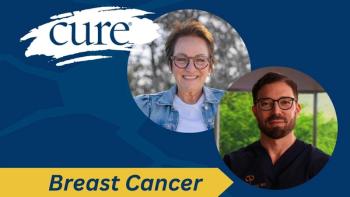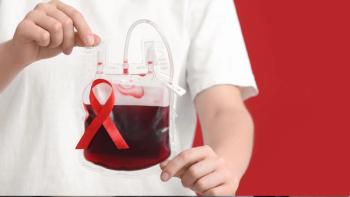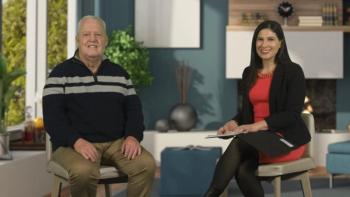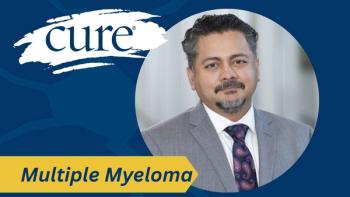
Lack of Information Can Be Frustrating for Survivors
I am forever thankful for the care I received from my oncology care team. But I am also often frustrated by lack of knowledge for late-term effects resulting from that care.
One of the of the challenges I find in being a cancer survivor involves lack of information. Some cancer survivors prefer to have less information, some prefer more. I fall on the "prefer to have more" side, and that has been a source of frustration in the last 10 years. A specific example would be recently I went to an eye doctor appointment.
The doctor told me I had signs of glaucoma but would need to return for more testing. When I left their office, I researched glaucoma. It didn't take long, and I had found several interesting studies. One of them found that women with a history of breast cancer are three times more likely to have glaucoma. Another study reported that women who had lost their ovaries before the age of 43 were at a 60 percent higher risk for glaucoma. I had a complete hysterectomy at the age of 39 to help prevent a cancer recurrence. My eye doctor had never heard of a possible connection, while another doctor said, "if those studies are even true."
Another area of frustration lies with the field of cardiology. The drugs I utilized have a proven increase in risk for heart issues years down the road. My recent visit to a new cardiologist left me shaking my head again. This cardiologist was not at all informed on my risk factors and didn't seem to care. So, I educated him, while he shook his head in disagreement. He is no longer my cardiologist.
Why is this frustrating to me? Had I known I might be at a higher risk of developing glaucoma, it would have mattered. I would have had my eye doctor watching for deterioration. Instead, it was only checked after I switched doctors and my eye pressure increased. Also, if I had known I was in a higher risk category, I would have been taking vitamins for my eyes. I would have focused on eating foods to help my eyes stay strong. There are many nutrients that have proven to increase eye health.
Would having this information of these possible late-term effects have changed my decision to use the drugs to fight cancer? Absolutely not! I am glad I did, and would do it again. It frustrates me that I have to advocate so much for my own care. It is frustrating to me that I have to educate doctors instead of it being the other way around. In recent years, survivorship care plans have been a big push in the world of oncology. It is my hope that a result, there will be physicians who specialize only in cancer survivors. Current statistics list 12 million cancer survivors who might welcome it.




